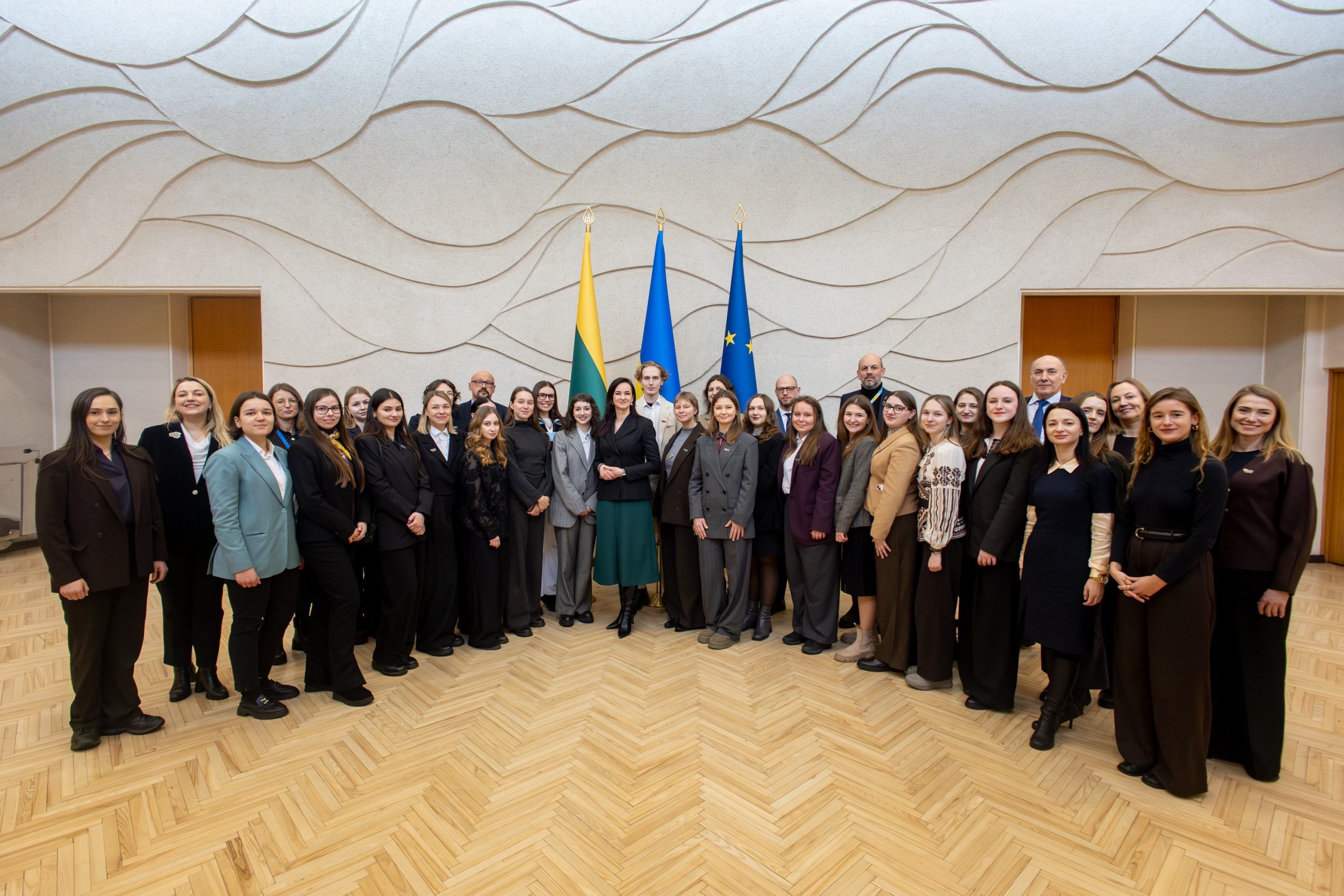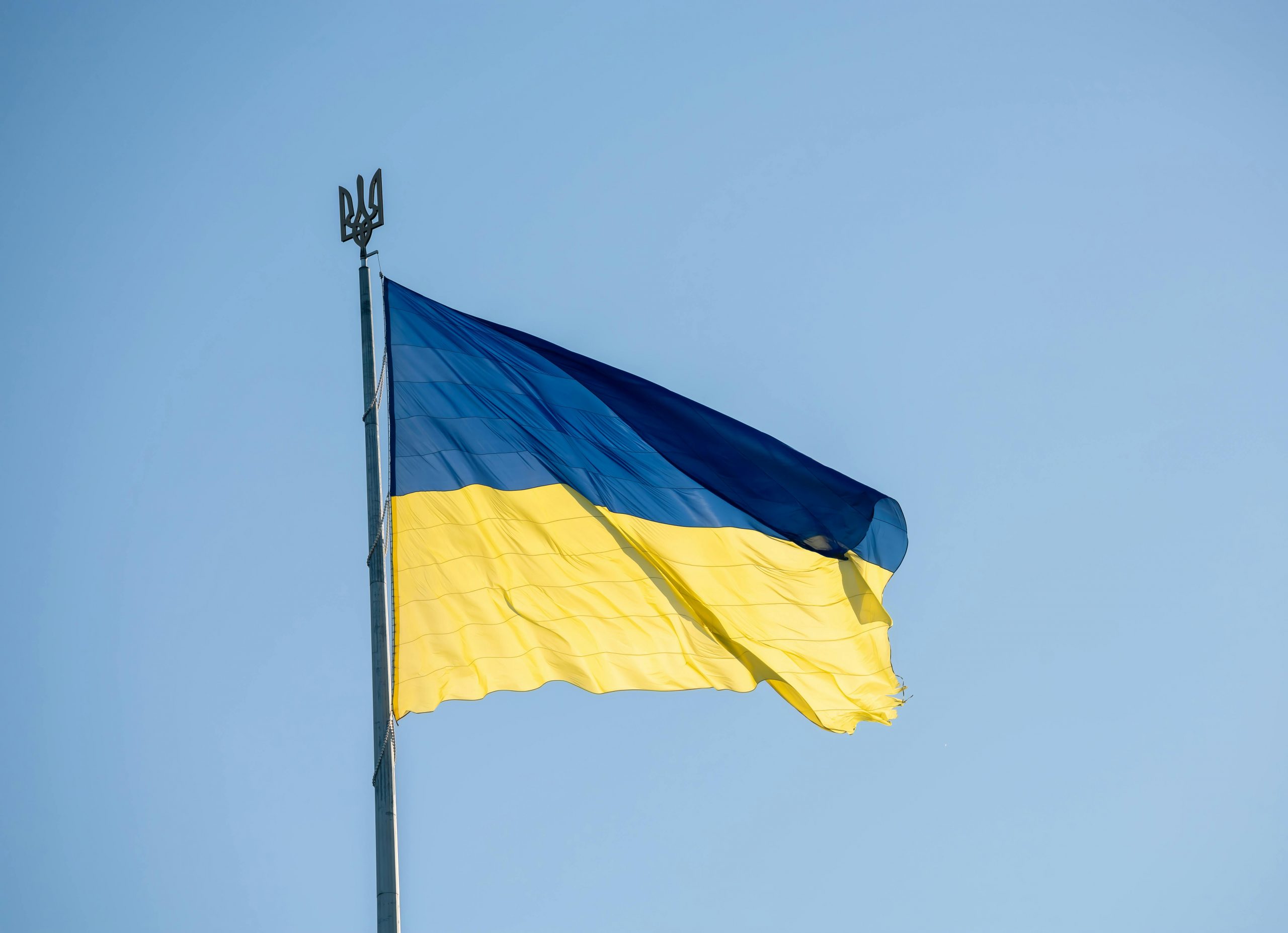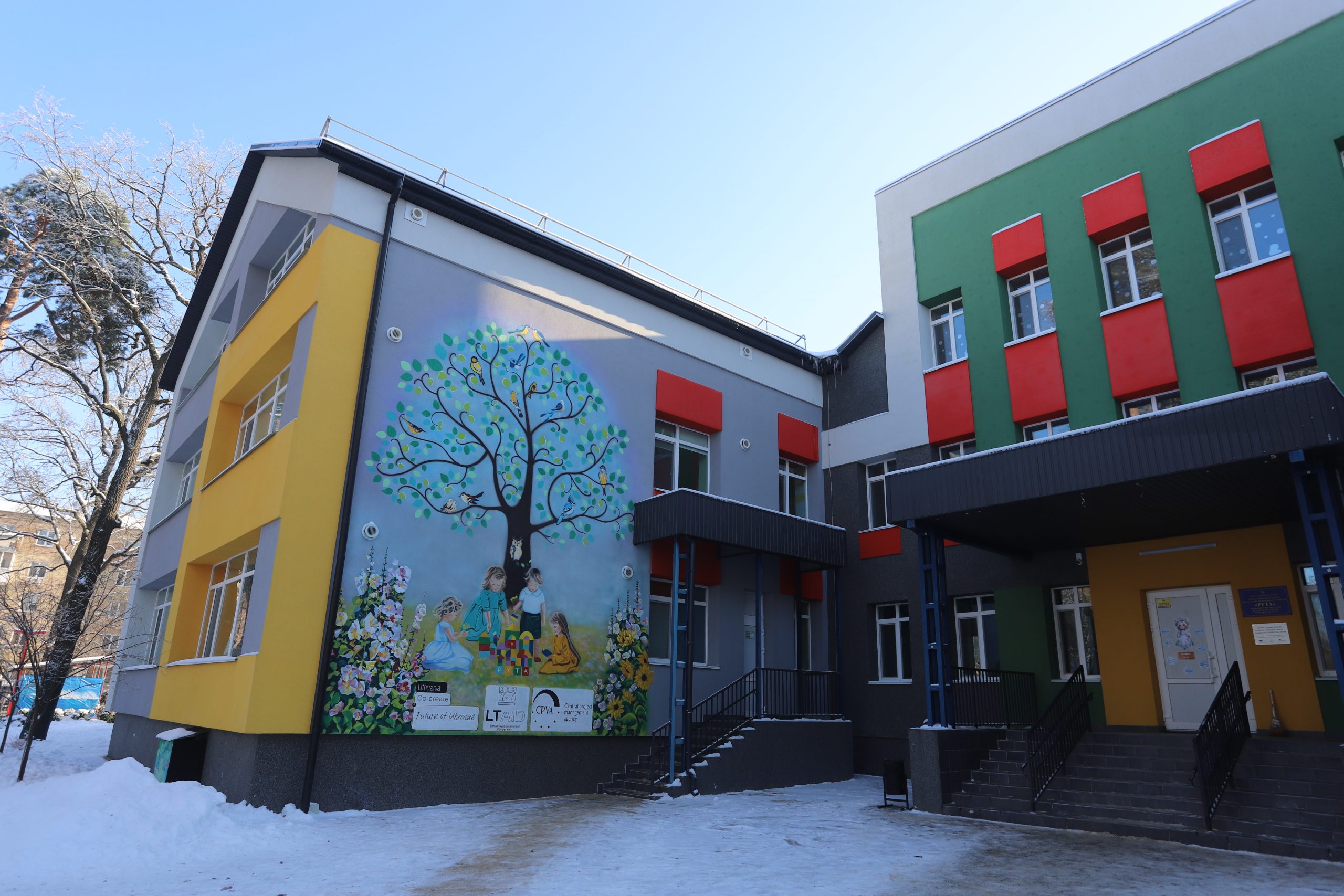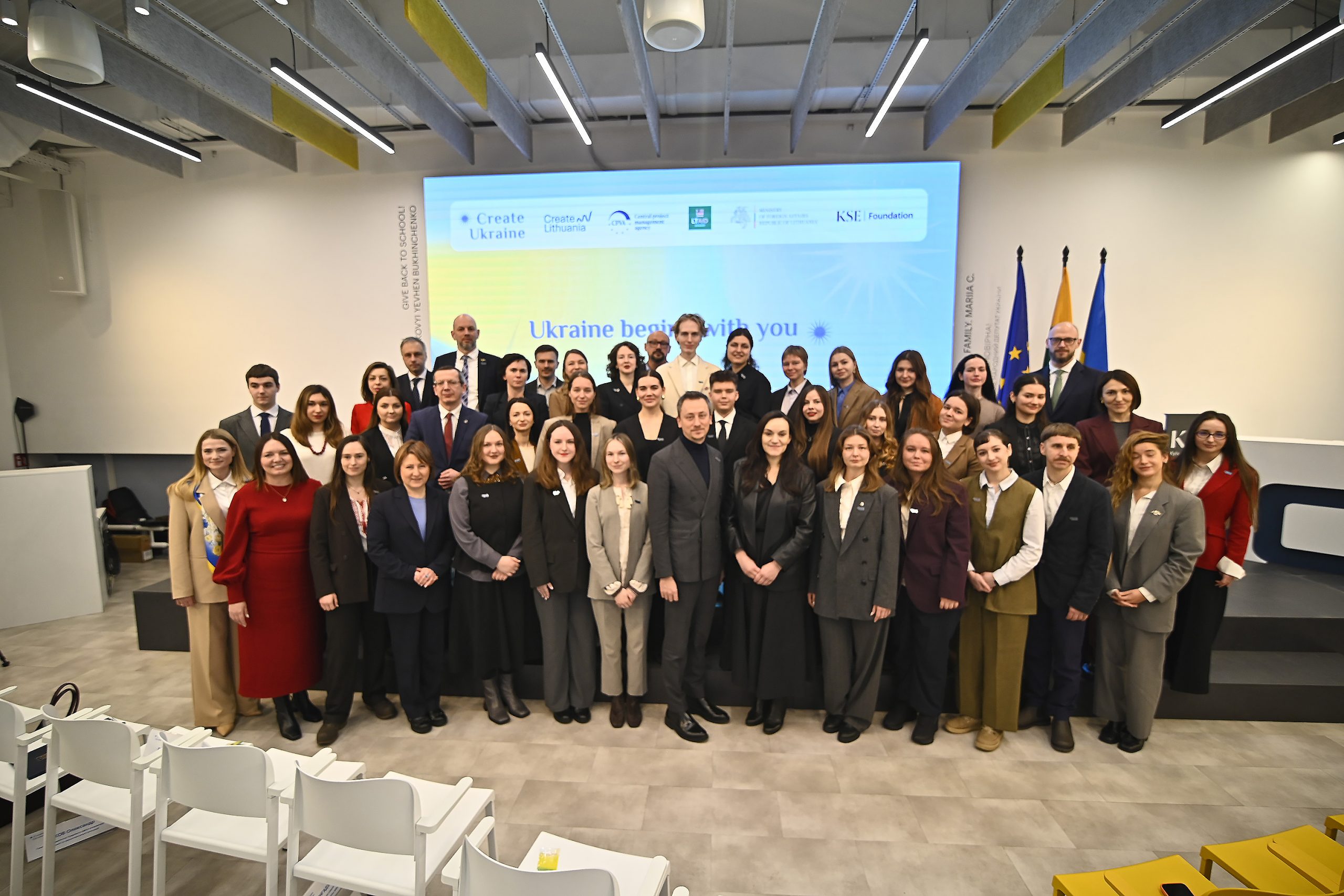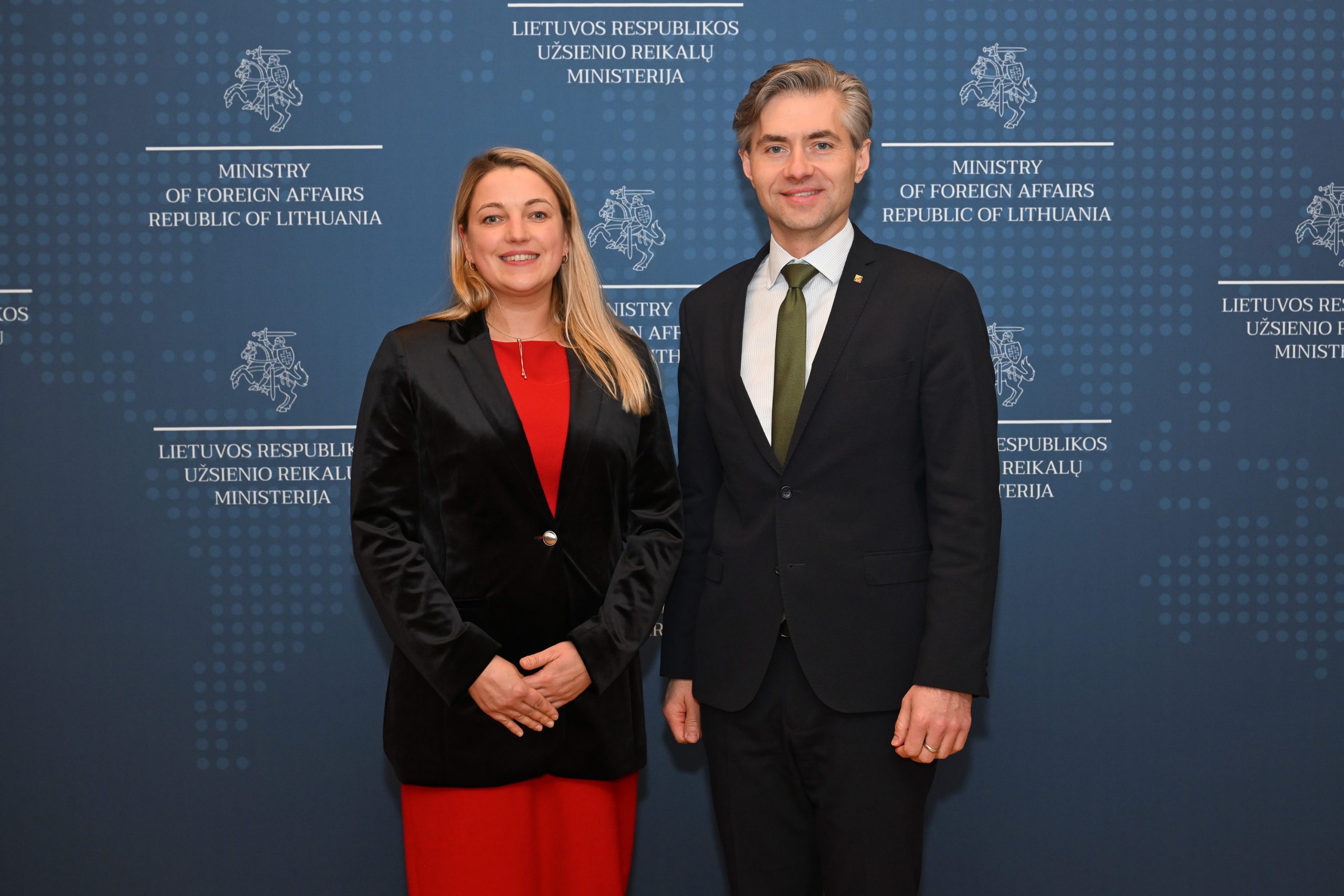Highly qualified, specially trained professionals, called Well-being advisers, have started to provide free services in Lithuania. Their aim is to help people cope with mild emotional difficulties, the first symptoms of anxiety, insomnia and depression. The first Well-being advisers’ offices have already been set up in 14 municipalities across the country, staffed by 28 specialists who have completed special training courses.
This new model of Well-being advisers in Lithuania is a part of the Health Programme 2014-2021 funded by the Financial Mechanism of European Economic Area (EEA), under the measure “Implementation of the Well-being Advisers Model” with total allocated budget of almost EUR 1.7 million. The implementation of the programme is administrated by the Central Project Management Agency (CPMA), together with the programme partner, the Ministry of Health.
Model is based on practices applied in the West
In Western countries such as the UK, the Netherlands and Norway, similar services are well developed and proven. Nurses, social workers and other health professionals are trained to care for people’s mental health and provide standardised counselling. They are the ones who help people cope with the first symptoms of anxiety and depression, using cognitive behavioural, science-based therapy techniques.
In Lithuania, which leads the EU in suicide rates, mental health professionals’ services are still not easily accessible and remain expensive. The need for these services has increased even more during the COVID-19 pandemic, the Russian war against Ukraine. Therefore, there is no doubt that the creation of a network of Well-being advisers should significantly improve the availability of psychological support in the country and especially in regions where such services are particularly lacking.
Will consult one person and help the whole family
“Trained professionals are able to provide qualified assistance and effectively help people suffering from anxiety, insomnia or depression to deal with these symptoms in a short time. Their aim is to help person acquire the skills to take care of his or her own mental health and become his or her own psychotherapist,” says Dr Julius Neverauskas, the head of training courses for the Well-being advisers at Lithuanian University of Health Sciences.
The Lithuanian University of Health Sciences has developed a Well-being advisers’ model and a training course, which has been used to train professionals from 14 municipalities where pilot projects of Well-being advisers are implemented.
According to Dr J. Neverauskas, it is expected that almost 10,000 people will be provided with consultations, but many more will receive help, because life will also become easier for their relatives and family members, who are also suffering from being close to the person who is experiencing psychological difficulties and who don’t know how to help them.
It is very important that people can contact the Well-being advisers on their own, without needing a referral from their family doctor or other specialist. It also ensures confidentiality and complete anonymity.
If these services prove being successful, it is planned to extend the network of Well-being advisers to other municipalities.
The beginning is slow, but the results encouraging
The Well-being advisers’ offices, which have been open for a month now, have not yet attracted much people’s attention, neither in the capital nor in the province.
“We hoped we would not be able to turn around, but so far there are few customers. Maybe it’s because it’s summer, or maybe it’s because people just don’t know who a Well-being adviser is and what he does. One woman came to the office specifically “just to see what a miracle a Well-being adviser is”,” says Audrimantė Sivinskaitė, a Well-being adviser in Vilnius.
Her colleague from Kazlų Rūda, Eglė Liepinė, also expects to see more patients in autumn. “However, this is very new and maybe unusual for us. Going to a psychologist or similar specialist is still a stigma for many people in general,” she says.
But a Well-being adviser from a small town in Suvalkija is already happy to have helped more than one anxious and depressed person. “When you see a person relieved, you realise that the techniques you have learnt are working, people are accepting the help and you actually can help. It’s inspiring,” says Liepinė.
All information about the projects, the list of Well-being advisers working in the country and their contacts can be found on https://www.geroveskonsultantai.lt/
About Health Programme:
The Health Programme in Lithuania aims to strengthen mental health services in communities and improve the well-being of children and young people. The programme’s measures include the development of psychosocial support, youth-friendly health services, support for vulnerable children and young people, the establishment of one-stop help centres for children and families, training for parents through the Incredible Years programme, cooperation between families and health professionals, and the development of services and support for pregnant women, mothers giving birth, and mothers of children aged up to two years.
In total, the Health Programme‘s budget for 2014-2021 is more than EUR 17.9 million.

